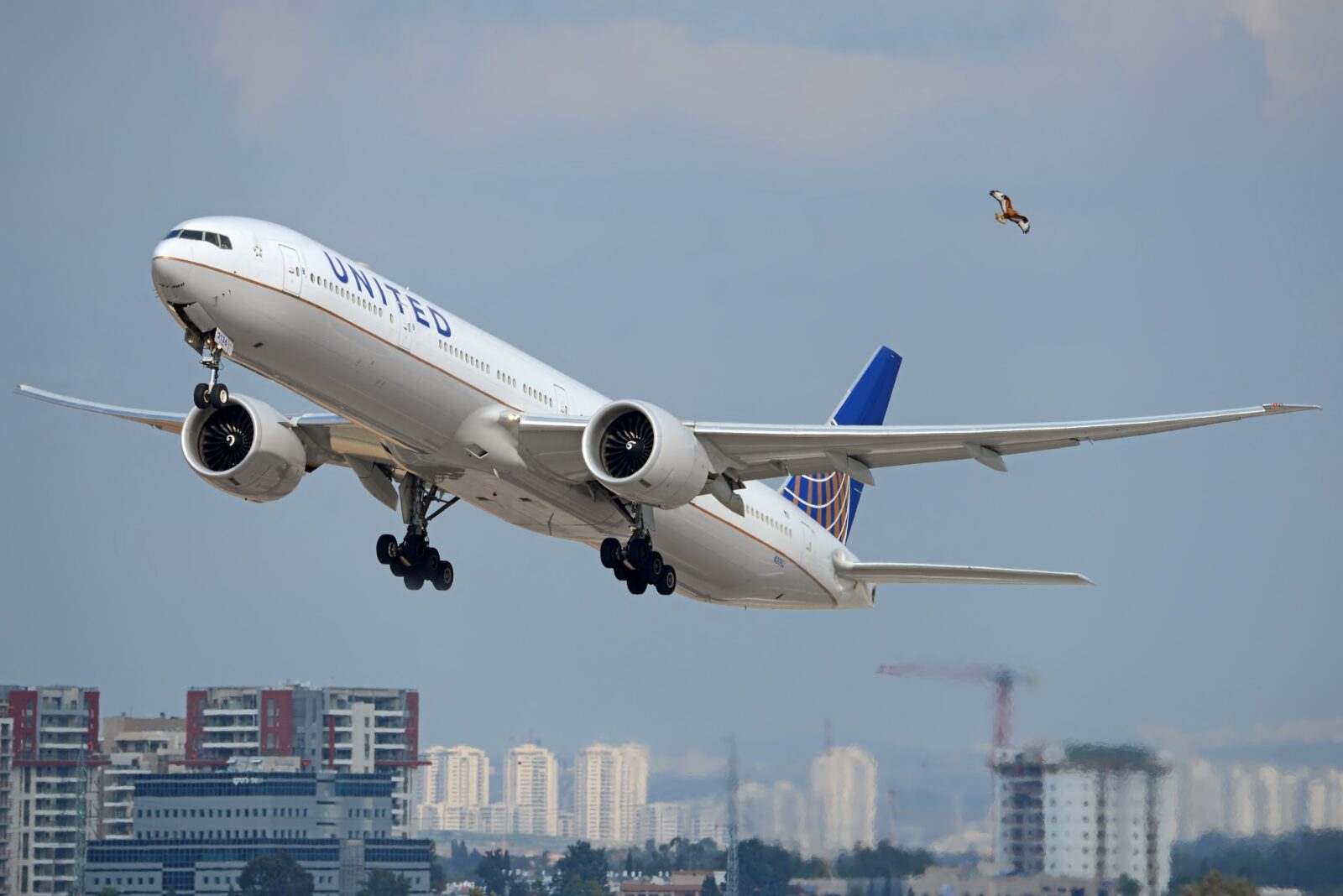
A Democrat Congressman from New York who is known in the party for his fierce support of Israel has called on American Airlines, Delta Air Lines, and United Airlines to immediately restore services between the United States and the Jewish state despite rising tensions in the region.
In a leaked letter to the CEO’s of the three largest airlines in the United States, Rep. Ritchie Torres (D-NY) said that continuing flight suspensions had effectively become a “boycott” of Israel and that “one could be for thinking that the BDS movement had taken over the American aviation industry”.
The BDS movement stands for ‘Boycott, Divestment, and Sanctions’, which is a global campaign to exert economic, political, and social pressure on Israel over its treatment of the Palestinian people.
United Airlines became the first U.S. carrier to restore non-stop flights with Israel earlier this year following the Hamas terror atrocity in October 2023, but the airline has suspended flights on two occasions due to rapidly escalating developments in the region.
The first suspension came in April when Iran launched its first-ever direct drone and missile attack on Israel, although flights were restored in early May. The second and continuing suspension started earlier this month after Iran and Hezbollah in Lebanon vowed vengeance for Israeli assassinations against prominent leaders.
Delta also suspended its non-stop flights between New York JFK and Tel Aviv around the same time and the carrier says it doesn’t intend to return to Israel until October 31 at the earliest.
Meanwhile, American Airlines is yet to resume flights following the October 7 terror atrocity and the suspension has recently been extended through mid-2025.
“Airlines should be prohibited from effectively boycotting or otherwise discriminating against the world’s only Jewish state,” Torres wrote in his letter to Robert Isom, Ed Bastian and Scott Kirby who are the chief executives of American Airlines, Delta Air Lines and United Airlines respectively.
“It is one thing to temporarily suspend air travel to Israel on security grounds as defined by the FAA,” the letter continued. “But to unilaterally suspend air travel indefinitely until mid-2025, as American Airlines has done, has the practical effect of a boycott.”
“Given the arbitrary length of the suspension, one could be forgiven for thinking that the BDS movement had taken over the American aviation industry without anyone noticing, much less crying foul,” Torres slammed.
“By what logic is it safe for El Al [the Israeli flag carrier] to travel to Israel but too dangerous for American Airlines, Delta and United to do so?”
The Big Three U.S. airlines are, however, not alone in continuing to suspend flights to Israel amidst ratcheting tensions. A slew of European airlines, including the likes of Lufthansa, Air France and Ryanair have withdrawn from Israel until early September at the earliest, while low-cost airline EasyJet doesn’t now plan to resume flights to Tel Aviv until early 2025.
Even British Airways, which was one of the few remaining European airlines to continue flying to Israel in recent weeks, has suspended its services to Tel Aviv until next week due to the developing security situation.
In order to mitigate the risk to aircrew, British Airways has been flying to Tel Aviv via Larnaca in Cyprus, where crews swap over so that they don’t have to layover in Israel and remain on the ground in the country for only a short period.
U.S. carriers have opted not to add a technical stop and were operating non-stop flights with crew staying in Israel for at least 24 hours. In April, pilots and flight attendants from United Airlines were stranded in Tel Aviv when Iran launched its military assault on Israel and had to be extracted via foreign airlines to a safe third country.
Mateusz Maszczynski honed his skills as an international flight attendant at the most prominent airline in the Middle East and has been flying ever since... most recently for a well known European airline. Matt is passionate about the aviation industry and has become an expert in passenger experience and human-centric stories. Always keeping an ear close to the ground, Matt's industry insights, analysis and news coverage is frequently relied upon by some of the biggest names in journalism.








Honest question: seeing as long-haul flights are incredibly resource intensive for aircraft time, crew time, fuel, nav fees, the unseen logistics that go into any transoceanic flight, and so on – isn’t it possible this is a balance between crew/passenger safety and cost/profitability? It’s not like the border is closed; it’s still possible to get into and out of Israel. Perhaps this is a case where the needed entire day of widebody flying plus two full crews just can’t run the route profitably under these circumstances. We’re heading into off-season on the north Atlantic anyway. These are civilian, commercial airlines, not public utilities, the Air Force or the UN…it seems bizarre to try to compel them to fly a specific route, one into an established war zone at that. Both the crew unions and shareholders would (rightly, in my opinion) hit the roof. Not sure what this official is trying to achieve other than grabbing a headline.
Tell him to start his own airline if he cares so much